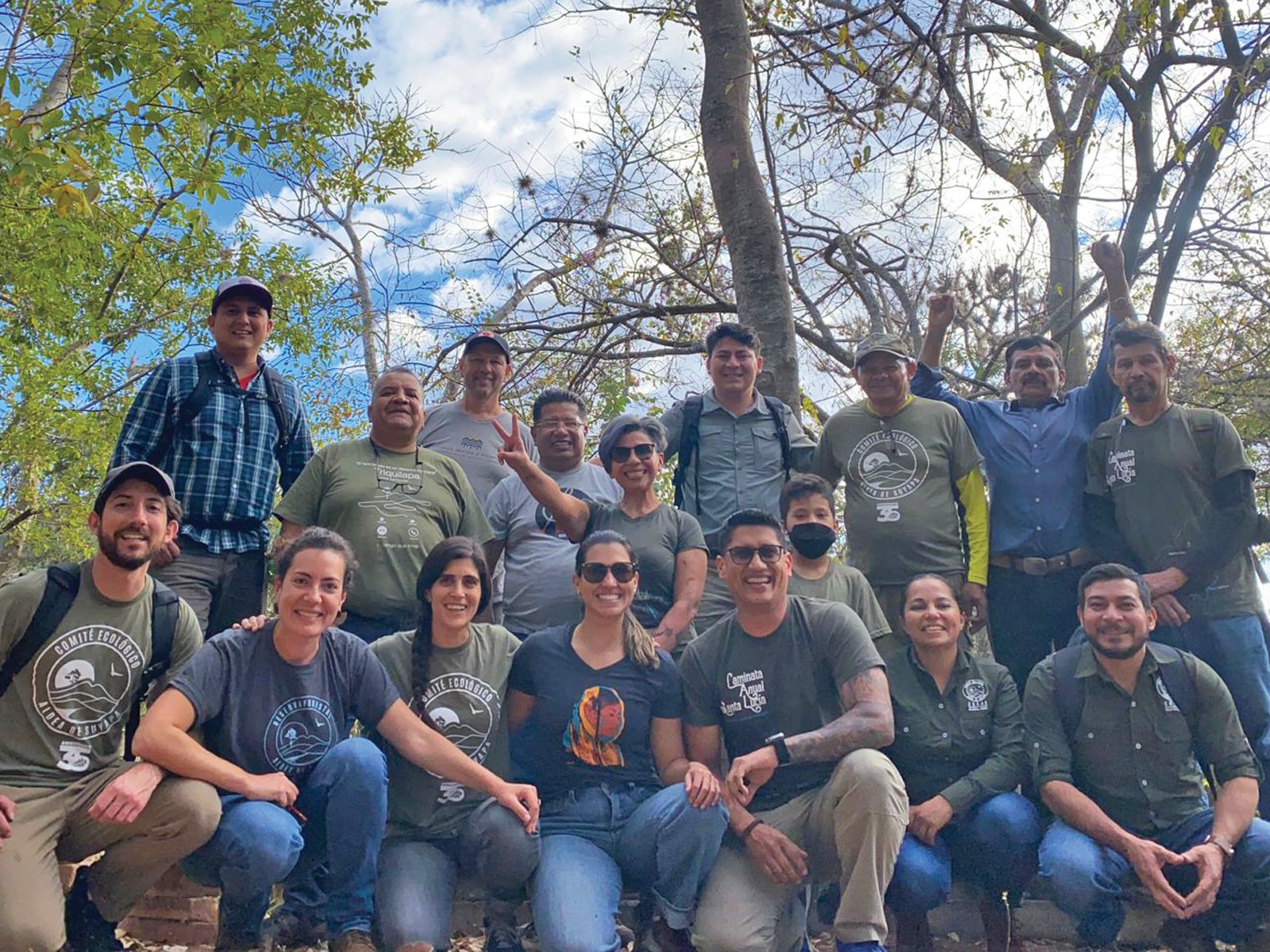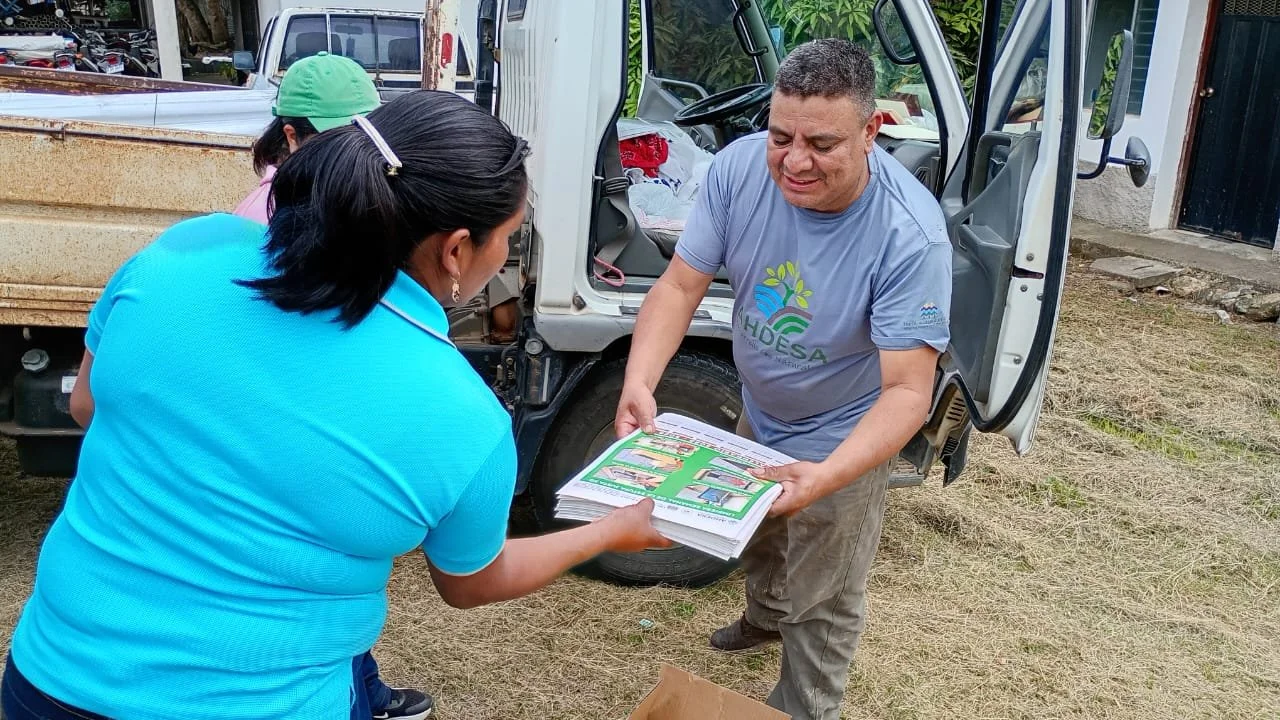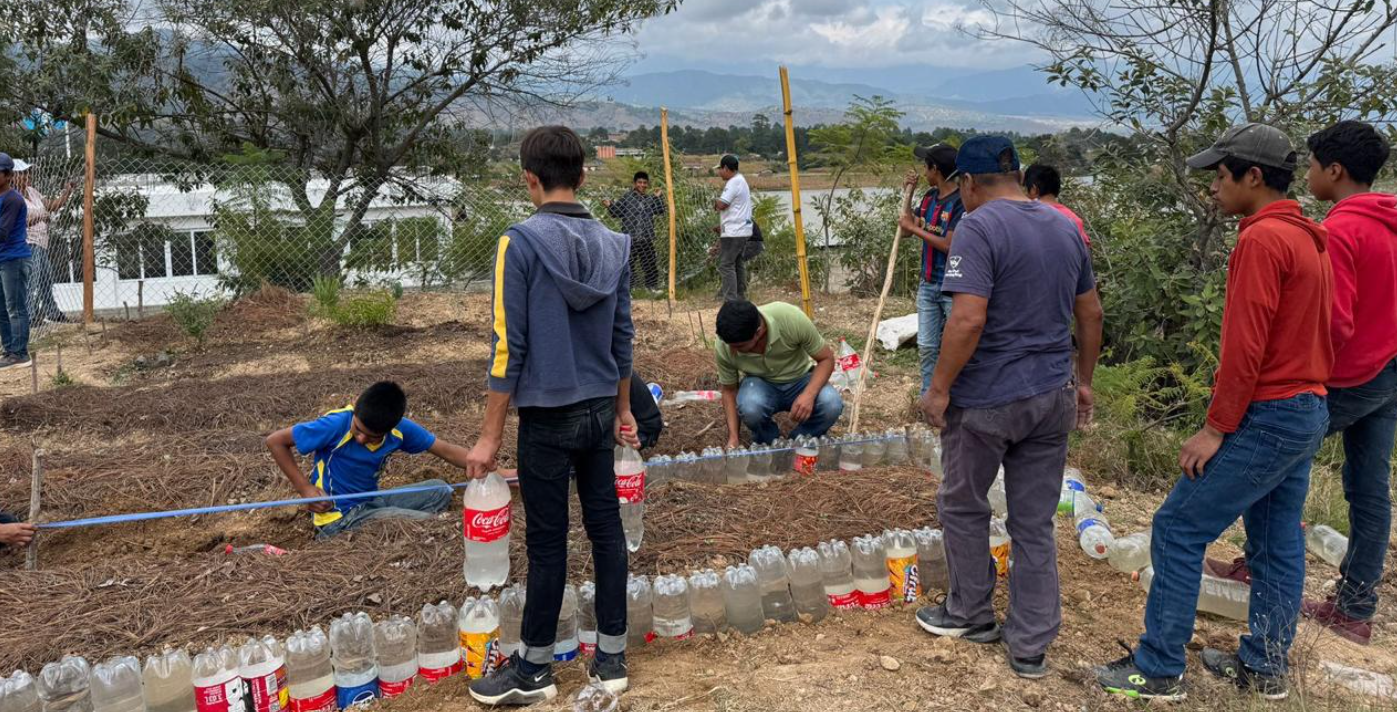
Mesoamerica Program
Mesoamerica Program Introduction
TWP’s Mesoamerica Program (MAP) supports Indigenous and marginalized communities in the preservation of their lands, natural resources and cultural lifeways. We work with local organizations to create the conditions for families to prosper in ways that regenerate and heal the land in Mesoamerica.
Program Purpose
Mesoamerica has developed in a manner that has left large percentages of the region’s population in debilitating poverty, dependent on dwindling natural resources, weak institutions, and disproportionately high exposure to climate disaster.
We work with small, local nonprofit organizations in rural and urban environments that serve the most vulnerable of these populations with ecotechnologies, capacity building, local economic development, and human centered conservation approaches.
While the challenges we work on, and their solutions, are long-term, we try to enact change at the household level, in ways that tangibly improve standards of living for people living closest to the effects of climate change.

Our Philosophy
We believe that natural resources are best protected when local people derive economic benefit from actively participating in their care and management. We respect, honor and support the self-determination of any community to realize their goals and vision of the future in the face of climate change.
Our Approach
Empower Indigenous and local communities and grassroots environmental organizations to lead in community development and natural resource conservation.
Create long-lasting solutions that reduce migration and forced separation of Mesoamerica families by generating local economic opportunities and helping rural communities adapt to climate change.
Promote human-centered conservation via locally-developed solutions designed to improve human livelihoods and protect the environment in the short-, medium- and long-term.
Where Are We Most Effective
TWP is most effective as a convener of expertise and resources for the benefit of Indigenous and local communities and organizations. We help our partners raise funds, refine ideas, plan and test project activities, and engage with other local stakeholders, funders, and consultants. We support capacity building and skills development via regular partner meetings focused on project planning and management, pursuit of funding opportunities, in-field project implementation, monitoring & evaluation, data collection, and report writing.
We also organize cross-border exchanges, where local partners and community leaders can meet to share learned experiences, resources and challenges from their work.
Current Partners:
• Arboles y Agua para el Pueblo - AAP (El Salvador)
• Comité Ecológico Aldea de Suyapa - COEAS (Honduras)
• Asociación Hondureña para el Desarrollo - AHDESA (Honduras)
COUNTRIES
El Salvador
Steep, seismic and lush, El Salvador is a unique treasure in the region. Like their neighbors, Salvadorans have endured a tumultuous past that has eroded human rights and environmental protections, and destabilized the government. Since 2001, TWP has partnered with Árboles y Agua para el Pueblo (AAP) to address the root causes of poverty and environmental degradation in the region, in order to slow climate-forced migration of thousands each year. Lack of economic opportunity, locally-driven markets, gender equity, and a changing climate all threaten rural livelihoods in El Salvador.
Honduras
Honduras is facing some of the toughest social and environmental challenges in its history, with high rates of out migration due to lack of economic opportunity, and negative impacts of climate change. In the last 10 years, the Southern pine beetle, coffee rust, extreme forest fires, and back-to-back hurricanes have destroyed large areas of forest and farmland, while hundreds of thousands of people have become internally displaced refugees and others have been forced to flee the country.
Guatemala
After a 36 year Civil War from 1960-1996, rural and Indigenous Guatemalans are still fighting to rebuild their lives. Hundreds of thousands of Indigenous people—forcibly displaced from their territories in the last two decades—are building a locally-led movement for social and environmental justice. In 2012, TWP began a partnership with the Asociación de Forestería Comunitaria de Guatemala Utz Ché to strengthen marginalized communities’ ability to protect the environment, and envision a new future in the Southeast.
Mexico
Mexico’s unique ejido system is a communal land, agriculture, and forest management program for rural communities nationwide. These designated regions are community-managed and government-supported, and though communities are prohibited from owning the lands, the system encourages small-scale farming and forest conservation. While there are many benefits and protections provided by the Mexican government to encourage the ejido system to thrive under local management, the program has its challenges.










When the 110 families of El Asintal resettled in Guatemala, they arrived home to a near-empty plot of land, with scarce resources to rebuild.
Like many Indigenous communities in the region, these families were displaced amidst Guatemala’s violent civil war. The government’s designation of lands for resettlement in the early 2000s was an opportunity to return home, but not without significant debt and great hardship.